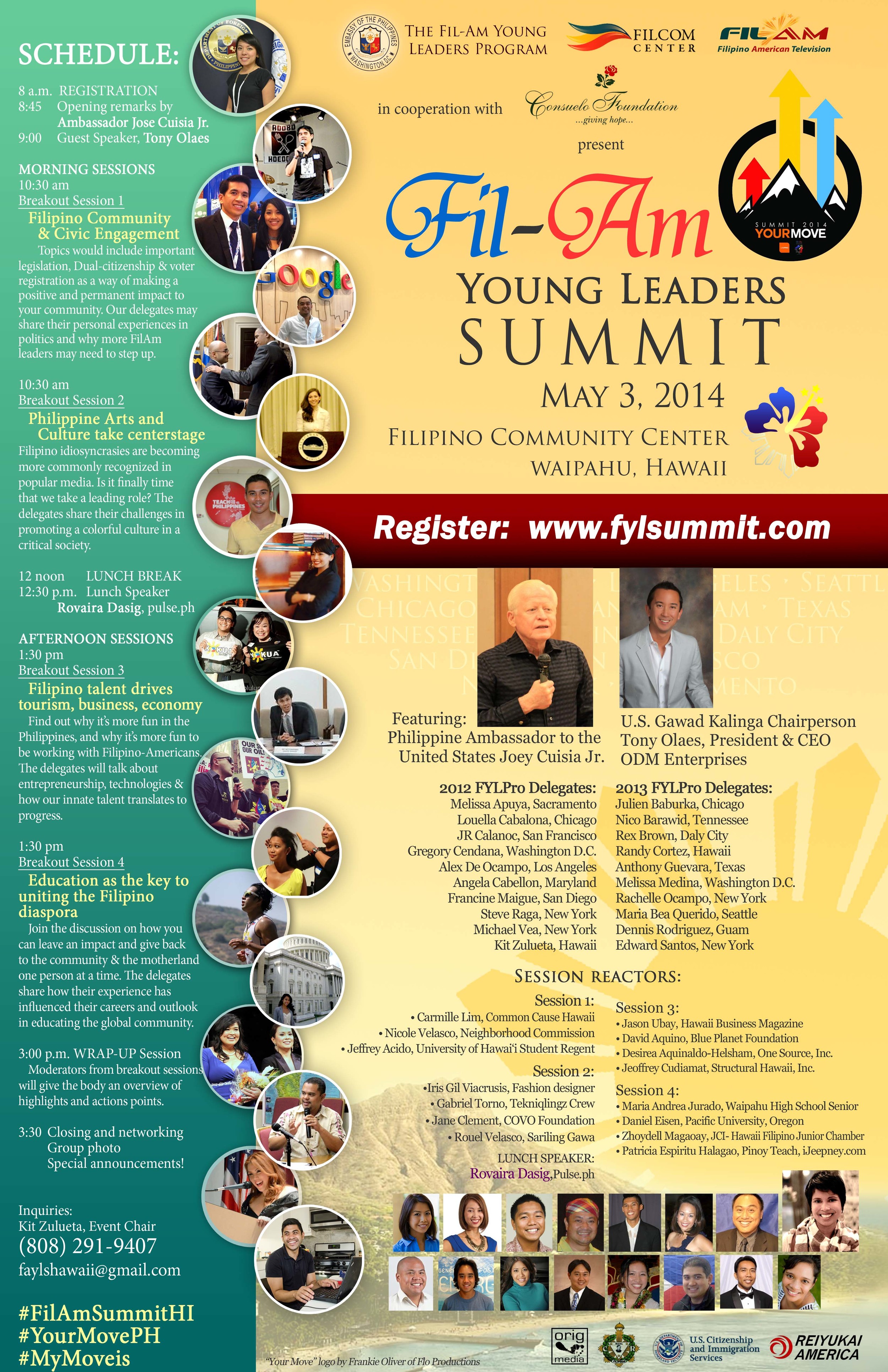There is a vicious cycle of poverty plaguing the Philippines, and education (or lack thereof) is considered to be one of its main drivers. In an effort to explore this idea and promote dialogue, UniPro hosted an event titled “ Education For All In the Philippines,” which featured representatives of organizations doing their part to end the cycle.
Panelists included Cherrie Atilano from Gawad Kalinga, Jay Jaboneta from The Yellow Boat of Hope Foundation, Jerry Topitzer from Advancement for Rural Kids (ARK), and Paul Grimsland from Hope for Change International.
The night began with a brief overview on the current state of education in the Philippines: an already alarming rate of students not going to school was worsened even more by the destruction from Typhoon Haiyan, which displaced thousands of people and diminished schools. Before the panel discussion commenced, the audience was reminded that “education is a basic human right,” according to UNESCO. This set the tone for the dialogue and it became clear that this wasn’t going to be just like any other forum about education; it was going to be so much more.
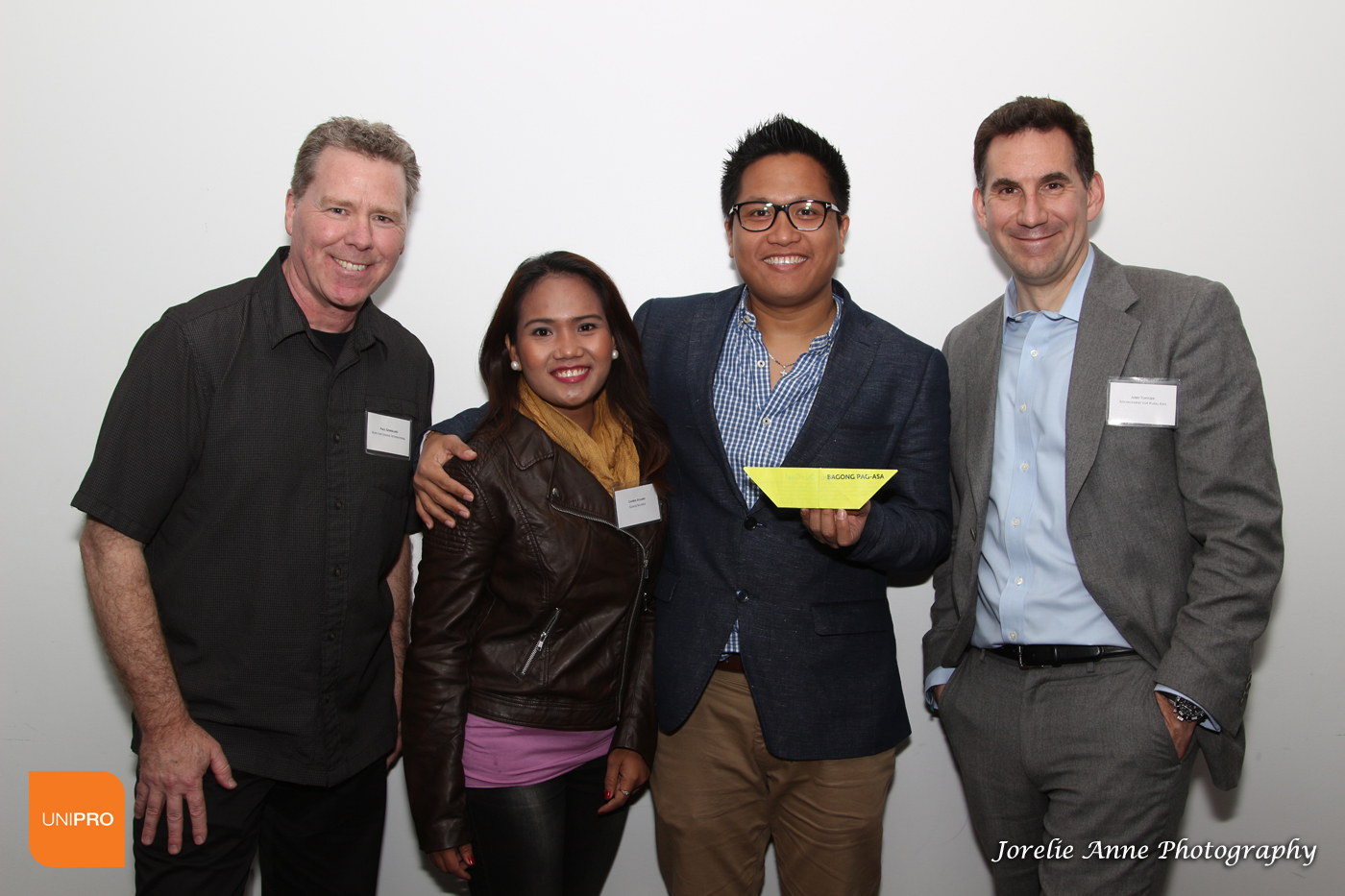
Young children in the Philippines are trapped in a box of illiteracy - the same exact box that their parents and grandparents were born into. The solution, it seems, is to literally think outside the box, and as the panelists expounded on the work of their organizations, the common thread emerged: they were not necessarily the ones providing the education, but instead they were providing the access to education.
Education is very much alive in the Philippines. It exists. There are nursery rhymes to be sung, math problems to be solved, and essays to be written. There are teachers. There are students. The real problem, however, is that education is not physically accessible to every single child.
In reality, “Bueller...? Bueller...?” was “Boyet...? Buboy...? Not because Boyet and Buboy wanted to play hooky and sing in a street parade in awesome 80s clothing, but because the Boyets and the Buboys had to work to put food on their table that night; because they couldn’t afford textbooks and notebooks; because they had to swim across the river to get to the nearest school; because they lived in a community that did not even have a school.
All these root causes are what ARK, Hope for Change International, The Yellow Boat of Hope Foundation, and Gawad Kalinga are tackling in order to rewrite the script. Granted, simply providing physical access to education will not solve the overarching issue of poverty, but it is certainly a start.
The true challenge to tackling poverty lies in the intangible concepts required to actually keep children in school: building confidence, establishing self-esteem, developing accountability, inspiring them to dream, and perhaps the hardest one of them all -- getting each one of them to believe that there is actually a way out of the boxes they have been trapped in and that they are in control of their destiny. These are all concepts that need to embraced today in order to truly move the needle on the issue of poverty when tomorrow comes.
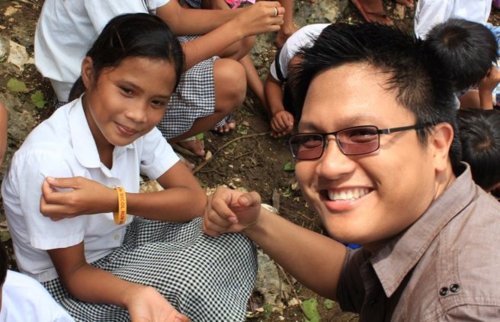
In his closing keynote, Jay Jaboneta shared his reason for starting The Yellow Boat of Hope Foundation.
“You always hear stories of kids skipping school to go swimming, but here we had kids who go swimming to go to school.”
Today the organization is the vehicle (both literally and figuratively) for thousands of children being given the chance to go to school in the Philippines. Things won’t change overnight, but through the efforts of Jay Jaboneta and his counterparts in other organizations, the provision of access to education for “some” will someday lead to education for “all.”
----------------------------
About Gawad Kalinga
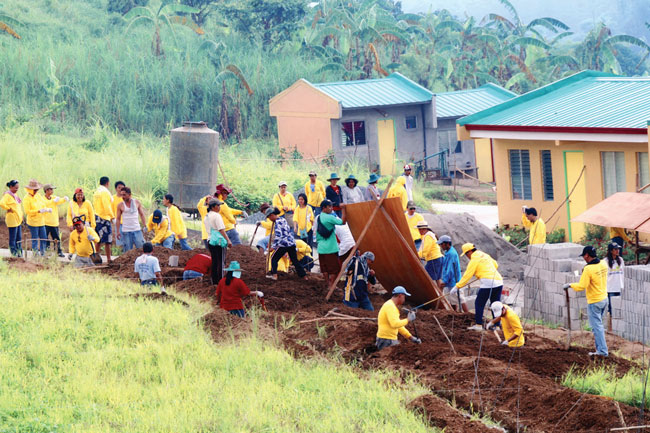
‘Gawad Kalinga,' translated in English means to 'give care,' is a Philippine-based movement that aims to end poverty by first restoring the dignity of the poor. GK began with a simple desire to give care and leave no one behind, and our mission is to end poverty for 5 million families by 2024. We do this by employing an integrated and holistic approach to empowerment with values-formation and leadership development at its core.
About Hope for Change International
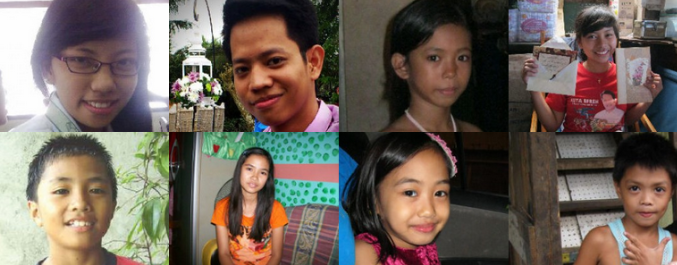
Hope For Change is a non-profit humanitarian organization dedicated to eradicating the effects of hunger, illiteracy, and disease ravishing impoverished communities throughout the world. We believe the time is now for an unprecedented humanitarian initiative, pairing communities in East Africa, the Philippines and Indo-Asia who need aid with individuals who can supply aid. Those who receive aid will have their lives transformed from despair to hope. And those who provide aid will experience the transforming power of giving and the enduring satisfaction of having fostered HOPE FOR CHANGE.
About Advancement for Rural Kids (ARK)

ARK is focused on improving education and health of school age children (pre-K, elementary and high school) living in impoverished rural communities in developing countries. By focusing on education and collaborating with an empowered community, we hope to provide the critical tools that will enable every child to dream, carve new paths, seize new opportunities and create a promising future devoid of poverty. We strive for 100% literacy; drive rural investment and economic vitality; cherish traditions; keep community and family members together; and give farmers, fisherfolks, store owners and other rural residents a chance to lift themselves out of subsistence with dignity and pride.
About The Yellow Boat of Hope Foundation

The Yellow Boat of Hope Foundation was formerly referred to as the Philippine Funds for Little Kids. The Philippine Funds for Little Kids started as a national movement to help children who used to swim to school in the mangrove village of Layag-Layag, Zamboanga City. The idea behind it is to pool our own individual little funds to help these children get to school safe and dry. We are more popularly known as the Yellow Boat Project. Initially, we thought we would just give them the yellow school boats but by now we've since move on to helping support them through provision of other school supplies, medical/dental missions to their communities, scholarships and even through livelihood programs.
Photo credits: Jorelie Anne Photography, yellowboat.tumblr, Knights of Columbus, Hope for Change, Advancement for Rural Kids and Smart











